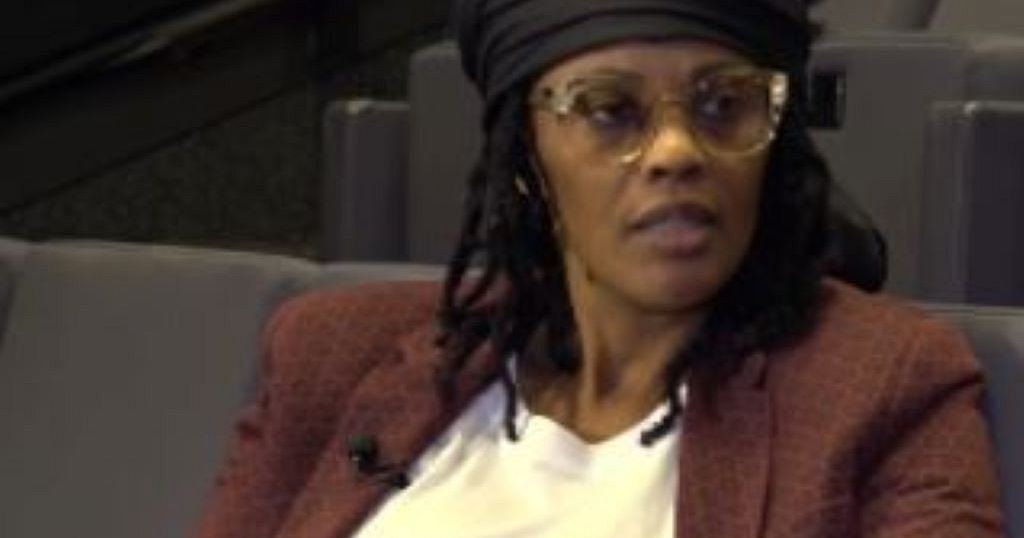Africa
Aïsha Dabo: Africans want their leaders to represent their interests

China and Russia are expanding their influence in Africa. How can this be explained? How are African governments responding, and how can civil society engage with these issues?
Africanews speaks with Aïsha Dabo, coordinator and co-founder of the programs at the pan-African organization Africtivistes, on the sidelines of the 2025 International Film Festival and Forum on Human Rights in Geneva, which hosted a debate on the topic.
You have led digital initiatives to promote cybersecurity, combat disinformation, and strengthen democratic governance in Africa. What have you observed regarding public opinion on the continent? Does it influence how African governments manage their international partnerships?
African citizens want their leaders to properly represent their interests. However, there is a significant gap between what the people want and what leaders are actually implementing the agreements they sign and the partnerships they negotiate. At Africtivistes, as a pan-African network, we encourage governments and the private sector to negotiate with the general interest in mind.
The continent is highly sought after for its resources and has long been a battleground for competing global powers. Do you think African governments have realized that they can leverage these rivalries to their advantage?
As long as it serves the country’s interests and results in win-win partnerships, I personally see no issue with it.
However, if these deals only benefit the elite, they are not sustainable. These negotiations involve the natural resources of the people, and they impact not only the current population but also future generations.
Take Senegal, for example. When the new administration came to power, they announced plans to renegotiate contracts that were not in the public’s best interest. Discussions are currently underway to review what was decided under the previous government, what actions were taken, and whether they truly served the Senegalese people.
Africa is being courted by multiple foreign players, with China and Russia being the most prominent. How have these two countries expanded their influence?
Whether it’s Russia, China, or other global powers, their primary interest in Africa is resources and the international influence that comes with them—nothing more. It is up to Africans, or rather the African elites negotiating these deals, to recognize this reality and ensure that they negotiate in their own interest—not just in the interest of those in power and their inner circles.
This goes beyond individual leaders. That is why we focus on raising awareness, sharing information, and equipping young people and communities with the knowledge they need to understand their rights and responsibilities. This allows them to make informed decisions, which is why we prioritize this work.
This is what Africtivistes does—empowering civil society and the general public to understand these issues and providing them with the tools to take action.
Yes, and our focus is on democracy. We believe it is a system that can work, and each country should be able to define its own model—as long as the three branches of government remain independent and citizens have a voice.
We work to educate citizens on how these systems function. Citizens have the right to vote and pay taxes. But where does their money go? Do they see how it is used? How can they demand accountability? They should be able to access public information that is not classified as a state secret. They should also be able to review contracts negotiated in their name.
Through technology, we develop tools to strengthen civic participation. Our goal is to ensure that Africans are no longer passive observers of their own future, allowing others to decide what the Africa of tomorrow should look like.
